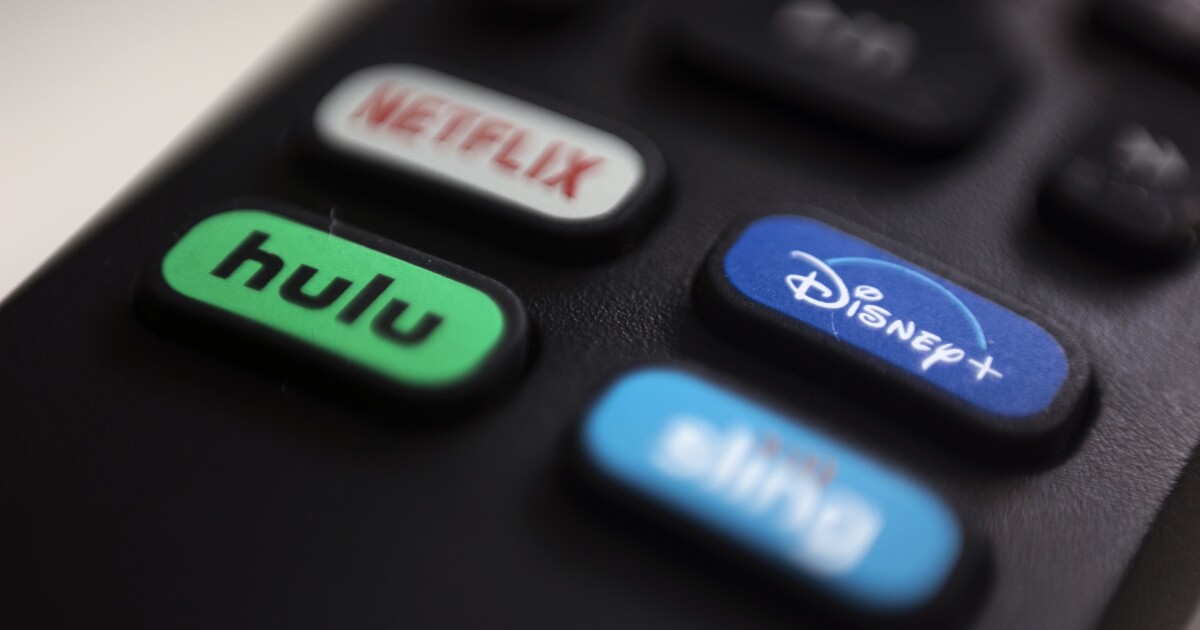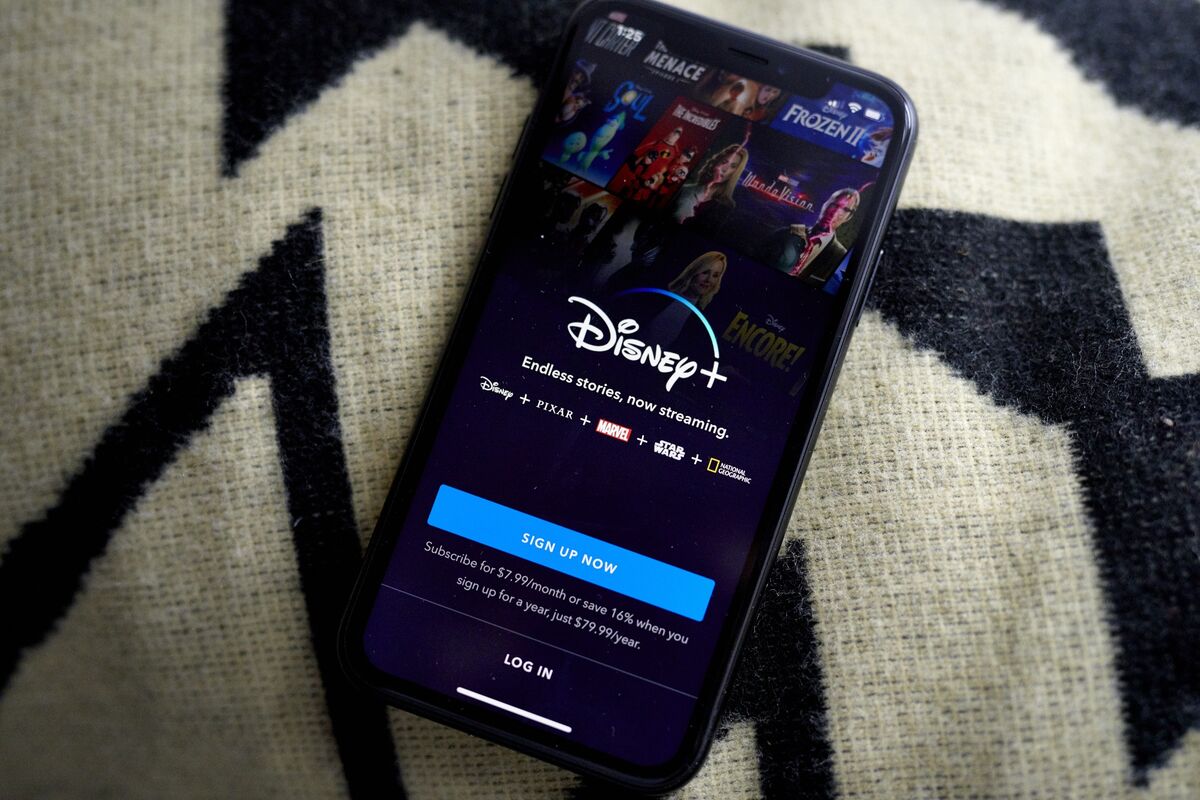Cable subscribers are dropping something like 5-10% a year, and that’s with sports still pretty much locked up to cable.
If you are in LA and pay for YouTubeTV then I think the Big10 Network likely gets more money for you once USC/UCLA join. When I was at a competitor then sports network negotiations were still very regional for streamers.
But I think the tipping point is the moment some of these start moving over the top (like the much-rumored ESPN offerings).
Cable has gotten more expensive while having more competition. Ten years ago streaming first-run TV shows were a novelty, now they’re everywhere. Look at these numbers even without sports having other options:
https://www.statista.com/statistics/251268/number-of-pay-tv-households-in-the-us/ Currently cable and cable channels are propped up by 1) raising prices, primarily defending those prices with sports and 2) advertisers paying price premiums since they aren’t in love with eg skippable YouTube ads and such, and sports is a good fit since there’s nothing to fast forward too. So the moment sports start being less exclusive… it’s gonna accelerate things.
It’s probably going to be a rapid bloodbath in the next decade. The older demographic won’t move quickly, and they’ll still watch CFB, but currently these deals are based on every demographic paying those subscriber fees even if they don’t watch ESPN. That’s gonna both tank the revenue and the importance of markets, once negotiations are no longer market-based.
I expect some sort of bundling to still emerge - Hulu and Amazon have been doing this even for their non-live offerings - but with fewer technological and infrastructure barrier to entry, I think there will be a lot less interest in paying today’s $$$$ for sports when that price is more directly visible to the consumer.



